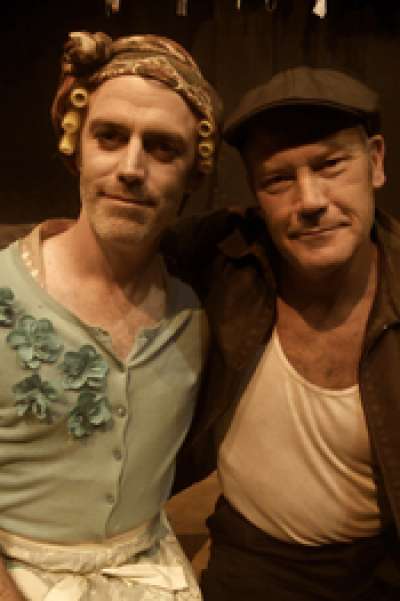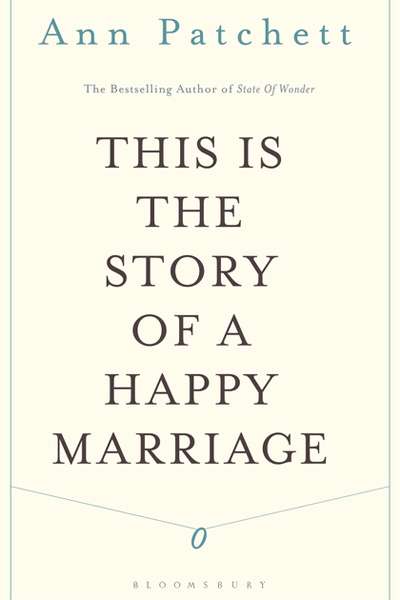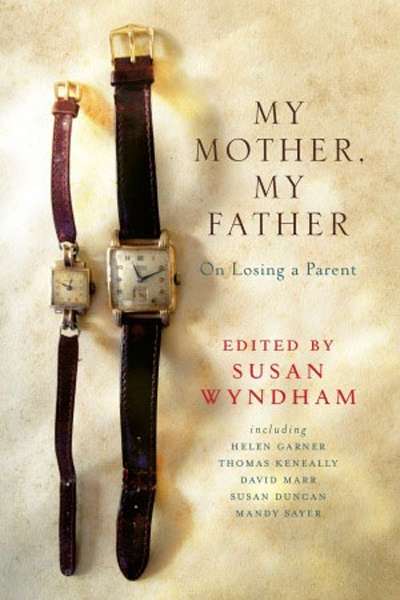Dina Ross
When Brecht wrote The Good Person of Szechuan (1939–42), he had been influenced by the colour and brashness of Chinese theatre, whose archetypal heroes and villains underpinned his concept of the Alienation Effect. Brecht, ever the political theorist, wasn’t interested in characters with whom the audience empathised, or of employing Stanislavski-based a ...
Stephen Berkoff has always been the bad boy of British theatre. At East’s London première in 1975, the critics howled. Berkoff’s first play was filthy, with explicit references to sex and violence. Yes, the 1950s had spawned Kitchen Sink Drama, exposing the lives of the lower classes to a predominantly middle-class British stage. But Berkoff’s c ...
Balanchine and the Lost Muse: Revolution and the Making of a Choreographer by Elizabeth Kendall
by Dina Ross •






